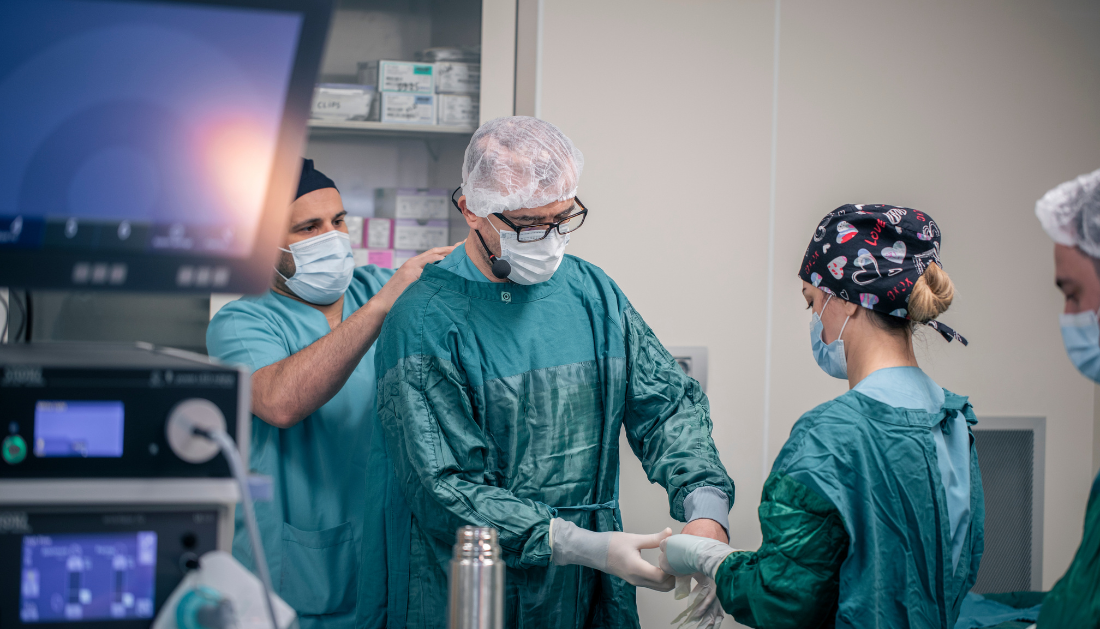

A recent study published in JAMA Network Open analyzed over 429,000 surgical procedures and found higher rates of complications, readmissions, and mortality for patients who underwent surgery immediately before the weekend compared to those who had procedures after the weekend. This “weekend effect”—a well-documented phenomenon where healthcare outcomes worsen due to reduced hospital staffing and specialist availability—raises concerns about scheduling elective procedures on Fridays or before holidays.
Key Findings from the Study on Weekend Effect
Increased Risk of Complications and Readmissions: Patients undergoing surgery before the weekend had a 5% higher likelihood of experiencing complications, mortality, or readmission within 30 days.
Higher Mortality Rates Over Time:
- 9% higher mortality risk at 30 days
- 10% at 90 days
- 12% at one year
Longer Hospital Stays: Patients in the pre-weekend surgery group had extended hospitalization periods compared to those who underwent surgery after the weekend.
Elective vs. Urgent Surgeries:
- Elective surgeries before weekends showed worse outcomes
- Urgent unplanned surgeries fared slightly better when performed before weekends
Surgeon Experience Differences:
- Median surgeon age for Friday surgeries: 47 years
- Median surgeon age for Monday surgeries: 48 years
- Friday surgeons had an average of 14 years in practice vs. 17 years for Monday surgeons
Why Are Friday Surgeries Riskier?
The study suggests several hospital-related factors may contribute to the weekend effect:
- Reduced Staffing & Specialist Availability: Fewer senior staff members and limited access to specialized care may delay postoperative interventions.
- Perioperative Care Differences: Postoperative monitoring may be less intensive over weekends, affecting early detection of complications.
- Transition of Care Issues: Patients operated on before weekends may experience lapses in continuity of care due to shift changes and weekend scheduling constraints.
While researchers stopped short of suggesting human factors like surgeon distraction before long weekends, they acknowledge that this possibility cannot be entirely ruled out.
Implications for Patients & Healthcare Providers
For Patients:
- If possible, consider scheduling elective surgeries earlier in the week to ensure full access to medical staff during initial recovery.
- Discuss postoperative monitoring protocols with your surgeon.
For Hospitals:
- Implement weekend staffing strategies to provide continuous, high-quality postoperative care.
- Strengthen perioperative protocols to mitigate the impact of the weekend effect.
For Future Research:
- Further studies should evaluate hospital-specific factors affecting the weekend effect and explore interventions to minimize risks.
Conclusions
This large-scale analysis reinforces the weekend effect in surgery, confirming that patients undergoing surgery before the weekend face higher risks of complications and mortality. Improved hospital staffing strategies, better perioperative care, and patient awareness could help reduce disparities in surgical outcomes based on the day of the week.
More Information: Sanjana Ranganathan et al, Postoperative Outcomes Following Preweekend Surgery, JAMA Network Open (2025). DOI: 10.1001/jamanetworkopen.2024.58794
more recommended stories
 Nanoplastics in Brain Tissue and Neurological Risk
Nanoplastics in Brain Tissue and Neurological RiskKey Takeaways for HCPs Nanoplastics are.
 AI Predicts Chronic GVHD Risk After Stem Cell Transplant
AI Predicts Chronic GVHD Risk After Stem Cell TransplantKey Takeaways A new AI-driven tool,.
 Red Meat Consumption Linked to Higher Diabetes Odds
Red Meat Consumption Linked to Higher Diabetes OddsKey Takeaways Higher intake of total,.
 Pediatric Crohn’s Disease Microbial Signature Identified
Pediatric Crohn’s Disease Microbial Signature IdentifiedKey Points at a Glance NYU.
 Nanovaccine Design Boosts Immune Attack on HPV Tumors
Nanovaccine Design Boosts Immune Attack on HPV TumorsKey Highlights Reconfiguring peptide orientation significantly.
 Rising Measles Cases Prompt Vaccination Push in NC
Rising Measles Cases Prompt Vaccination Push in NCKey Highlights 15 confirmed Measles cases.
 High-Fat Diets Cause Damage to Metabolic Health
High-Fat Diets Cause Damage to Metabolic HealthKey Points Takeaways High-fat and ketogenic.
 Acute Ischemic Stroke: New Evidence for Neuroprotection
Acute Ischemic Stroke: New Evidence for NeuroprotectionKey Highlights A Phase III clinical.
 Statins Rarely Cause Side Effects, Large Trials Show
Statins Rarely Cause Side Effects, Large Trials ShowKey Points at a Glance Large.
 Anxiety Reduction and Emotional Support on Social Media
Anxiety Reduction and Emotional Support on Social MediaKey Summary Anxiety commonly begins in.

Leave a Comment